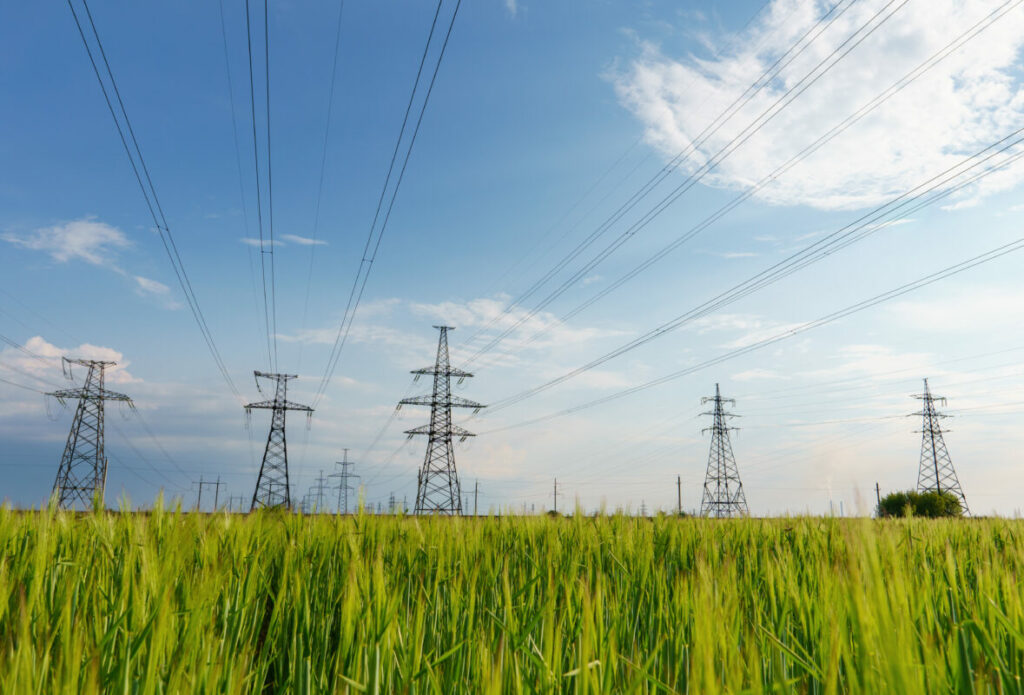The Climate Change Committee (CCC) has released its assessment of the UK government’s third National Adaptation Programme (NAP3), published in July 2023.
The CCC has warned that NAP3, which aims to ensure the country is prepared for the effects of climate change, “falls far short of what is required”.
The programme is based largely on existing policies or mechanisms, meaning that fewer than half of the short-term actions to address urgent risks identified in the last Climate Change Risk Assessment are being progressed.
It is also important to note that since NAP3’s publication, the UK entered and contributed to an international agreement at COP28 for the Global Goal on Adaptation, yet the current NAP does not meet the targets in full.
This is not the first time the CCC has raised concerns over the UK reaching its climate ambition goals over the last year.
After UK Prime Minister Rishi Sunak announced delays to certain green endeavours in September 2023, the committee said that the country’s position as a global leader in climate change was under scrutiny.
This also followed the organisation stating in June 2023 that the UK was not on track to meet the UK’s Nationally Determined Contribution (NDC) under the UN process for a 68% reduction in emissions by 2030.
For NAP3, the CCC has identified three critical areas in need of improvement: governance, investment and monitoring.
Governance
Regarding the UK’s governance of its energy adaptation, the CCC noted that across three iterations of the NAP, the Department for Environment, Food and Rural Affairs (DEFRA) has failed to make adaptation a top priority within the department or in other central government departments despite the growing evidence of climate impacts.
The committee highlighted that the issue is not sufficiently well understood or resourced, especially in local government.
Investment
The CCC suggested that NAP3 does not effectively tackle the barriers to investment, such as low perceived urgency of adaptation, lack of clear targets and a limited understanding of adaptation actions.
Other climate change organisations have flagged a lack of investment before. Namely, Greenpeace released new research this month (March 2024), revealing that the UK takes last place in the top five Western European economies on green investments.
The campaign group analysed the International Energy Agency (IEA) government energy spending tracker that looks at 2020-2023 and found that the UK spends less on green endeavours than Germany, Italy, Spain and France.
The country also comes out worst when looking at per-capita green energy spending, and it ranks worst for total spending on low carbon and efficient transport out of those countries, despite the fact transport is the UK’s largest emitting sector for greenhouse gas emissions.
Moreover, ahead of the Spring Budget 2024, the National Infrastructure Committee (NIC) called for “increased levels of investment” from UK government officials.
In an open letter to the chancellor of the exchequer, Jeremy Hunt, and secretary of state for energy security and net zero, Claire Coutinho, NIC said at least “£40 million of development expenditure (DEVEX)” will be required annually in order to deliver the new hydrogen and CCS pipelines for 2035.
Monitoring
Finally, the CCC confirmed that it cannot fully assess progress without better monitoring and evaluation. The organisation said that a system of comprehensive indicators and data collection is “vital”.
The committee urges the UK government to look to other countries where monitoring and evaluation systems have been improving the response to climate impacts.
For example, long-term decisions are being made on the new Environmental Land Management Scheme, and there are new price control periods for energy, water, and rail, which could accommodate effective resilience standards to manage future climate risks.
Baroness Brown, Chair of the Adaptation Committee, said: “Defra needs to deliver an immediate strengthening of the Government’s programme, with an overhaul of its integration with other Government priorities such as Net Zero and nature restoration. We cannot wait another five years for only incremental improvement.”





